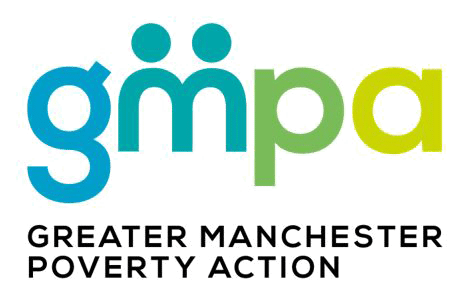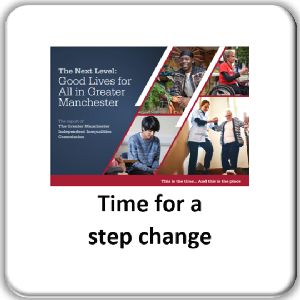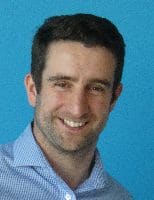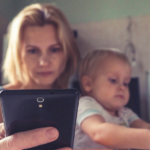by Graham Whitham
It was good to see the launch of the Greater Manchester Independent Inequalities Commission report last month. The Commission was launched in October 2020 with a six-month mission to examine inequalities across the city region, consider how they should be tackled and outline some specific and hard-hitting recommendations. The Commission viewed inequalities within a framework that considers how interacting and intersecting inequalities create barriers that stop people from living the good lives that they want.
COVID-19 has exposed the extent of these inequalities in Greater Manchester. To address this, the Commission’s report calls on everyone in the city-region to work towards an agreed set of wellbeing and equality targets that aim to leave no-one behind. Alongside this are a series of recommendations under the themes of People Power, Good Jobs and Decent Pay, Building Wealth and Services for a Good Life. You can read more about the recommendations here.
GMPA supported the work of the Commission by bringing together a ‘Poverty Reference Group’. The group was made up of people with lived experience of poverty who have been involved in engagement and co-production projects across Greater Manchester (including poverty truth commissions, the Elephants Project, Creative Inclusion, the BME Network, GM Coalition of Disabled People, Migrant Help, Support & Action Women’s Network, and Legislative Theatre). The aim of the group was to inform and reflect on the work of the commission, complementing other engagement work (including engaging with the Equalities Panels). The meetings generated a range of innovative recommendations that were grounded in real world experience of poverty, including how to:
• Reduce barriers to employment, and tackle stigma and bias in recruitment and in the workplace;
• Improve job quality, and increase access to education and training;
• Listen meaningfully to communities;
• Give communities the power to tackle for themselves the problems that affect them.
A number of key areas that GMPA has been working on are included in the report, including a call for the Combined Authority to adopt the socio-economic duty and, building on the Poverty Reference Group, the establishment of a new Panel for people with lived experience of poverty to inform and shape policy.
GMPA wants to see a city-region where we put tackling socio-economic disadvantage at the heart of what we do. We have more councils (working with partners) with poverty strategies in place and examples of good practice and innovation in tackling poverty across Greater Manchester. The Real Living Wage is become more embedded, with plans to create a Living Wage City Region. GMPA is working hard to create a stronger focus on preventing and reducing poverty.
We need to go further and embed a focus on poverty and socio-economic disadvantage in everything we do. It is helpful therefore, that the Commission has articulated a clear framework for understanding the intersection between socio-economic disadvantage and poverty and other inequalities.
Next week Greater Manchester goes to the polls for the Mayoral Election. It is important that together with whoever wins, we implement the recommendations of the Commission.






